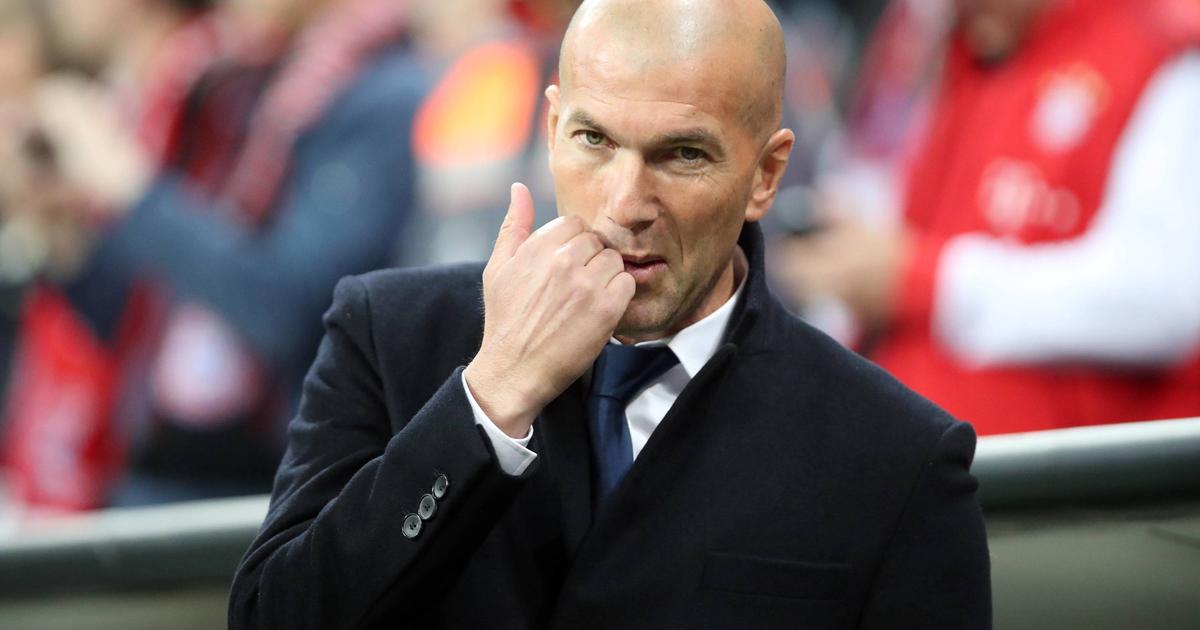Miroslav Klose, Holger Seitz and Jochen Sauer are the faces of the youth development team at FC Bayern.
Jochen Sauer thinks out loud about the end of the U19.
Munich - What does it take to successfully tackle the rocky road to becoming a professional footballer?
What role do trainers, parents and counselors play in this?
And what is generally going wrong in the German youth work?
Player advisor and ex-sports journalist Kai Psotta investigates these and other questions in his new book “Kicken wie die Profis”.
Our newspaper prints statements and excerpts from the book in advance, which will be published by Heyne-Verlag on March 8th.
In the first part, FCB junior boss Jochen Sauer and his deputy Holger Seitz discuss various aspects of talent development in Germany with the world’s record goal scorer and Bayern assistant coach Miroslav Klose.
Klose: The biggest advantage for Bayern talents is Hansi Flick
Interlinking between the youth and professional sectors: “The biggest advantage for Bayern talents is Hansi Flick.
He gives the guys serious chances if they deserve it.
For him, age doesn't matter, but above all the attitude and character of a player, ”says Klose, who had been a coach in the youth division of FCB for the past two years before taking the position as assistant coach to Hansi Flick in the summer competed with the professionals.
Klose also explains the cooperation between the youth and professional areas in Munich as follows: “The whole team of trainers is in constant contact with Holger (Seitz / editor's note) and Jochen (Sauer / editor) and of course it helps also a little bit that I already knew a lot of players from my youth.
We simply have a brilliant starting position for our top talents, because in our second team they can learn real men's football in a professional league very early on. "
+
"Kick like the pros"
© Kai Psotta
Sauer: "Is it possible to improve training by no longer having any U 19s?"
Problems in the transition area: Campus boss Jochen Sauer suggests in the book to think about abolishing the U19 teams: “I wonder if it really makes sense to combine two age groups in the U19s.
You can now say that this is how we spark competition between the older and younger age groups, which then also has to be endured in the professional sector.
But we could also find that we are simply losing time because it may make more sense that the U 19 year group is already playing in the men's area.
So - in my opinion - we have to ask ourselves a question that is: Can you improve training by no longer having a U 19? "
In Austria, where this age group no longer exists, Sauer has observed that young footballers can benefit from the abolition of the U19s: “After the U18s, youth football is over.
This means that a Dayot Upamecano has played over fifty men's games well before his nineteenth birthday. "
Klose shares this view: “It is very important that the top talents are introduced to men's football at an early stage, provided they have the right attitude, physical conditions and character.
That of course also includes getting the chance to play, of course only if the performance is right. "
+
Highly talented players like Bright Arrey-Mbi (left) often skip the U19s and play in the men's area from a young age, at FC Bayern mostly in the third division with the second team.
© Y. Le Madon
Seitz: We have to promote the special features of the talents
Dealing with talent: During his time at the Bavarian Football Association and as assistant coach of the DFB youth teams, Holger Seitz noticed a negative trend in dealing with talent: “The boys find it difficult to talk about themselves and their strengths.
They can talk a lot more about their weaknesses than what makes them positive.
The guys sometimes have no confidence in their own performance.
Because too much is talked to them about their weaknesses. "
Seitz elaborates on this impression in the book: “A talent does not become a Bundesliga player because you have absorbed your weaknesses.
The boy becomes interesting for a Bundesliga coach when he has something special, a weapon.
We have to push the specifics that every talent has.
We have to make players special in something.
Sports are primarily about enthusiasm and joy.
You need a high level of motivation to play sports.
It's crazy to always talk about what you can't.
Confident players decide games.
That's why we're already telling them what they can do here on campus.
We are amplifiers. "
(MANUEL BONKE)














